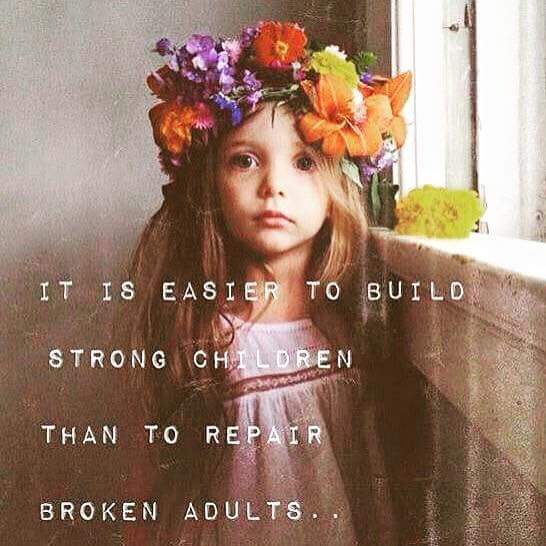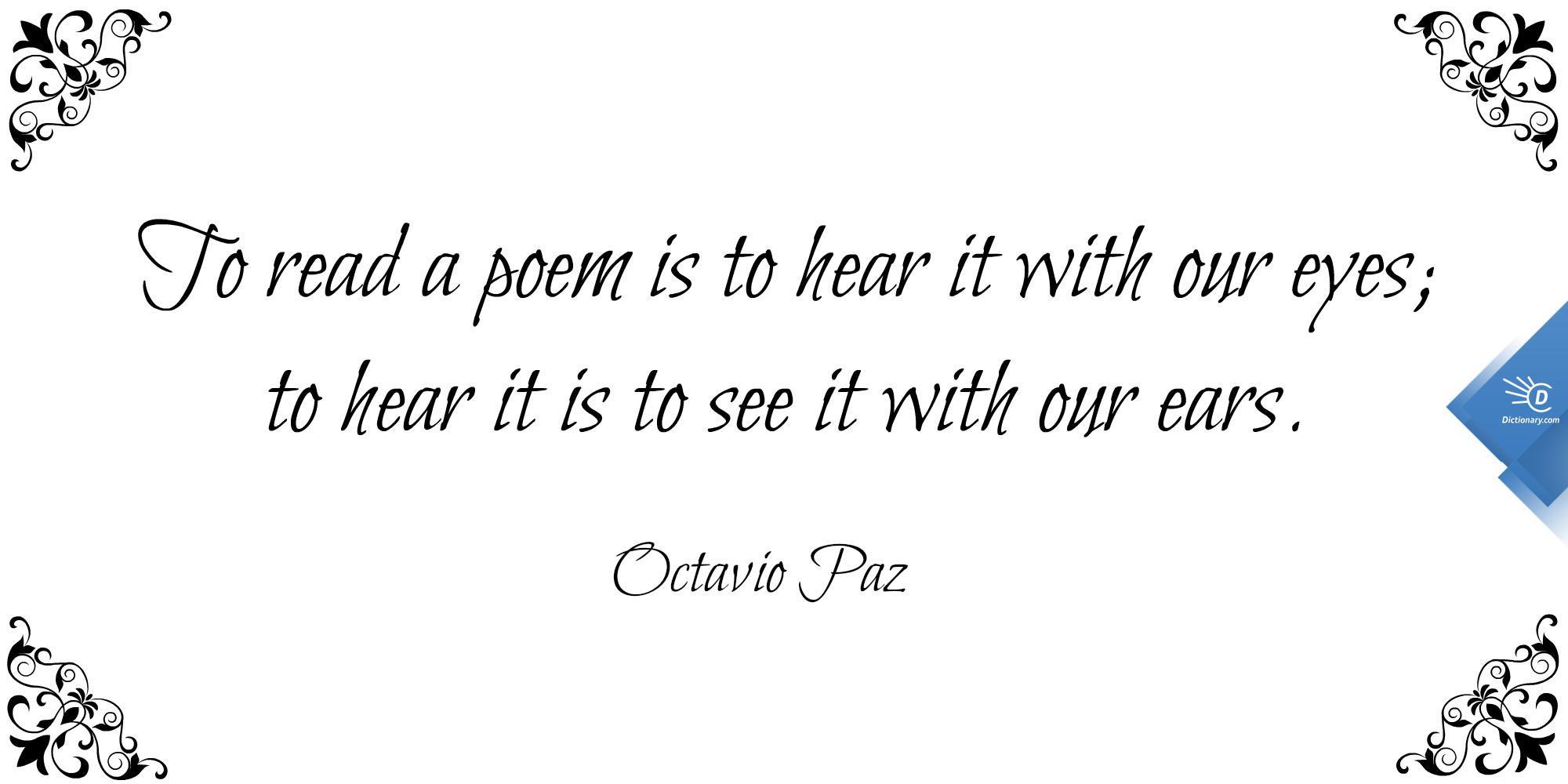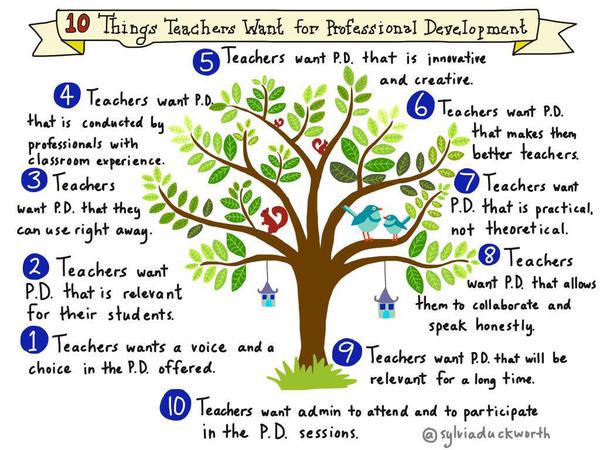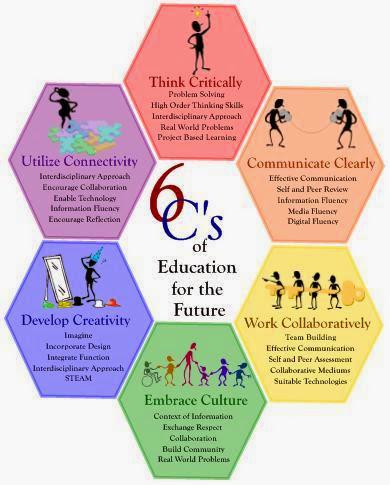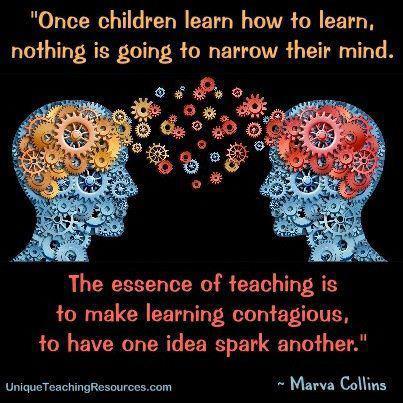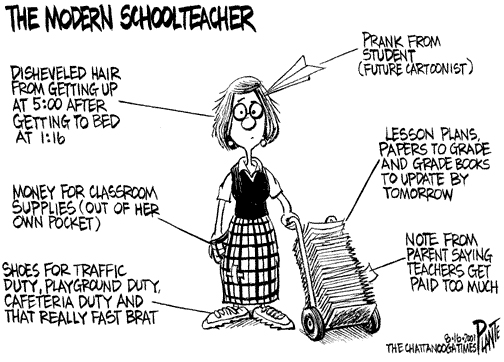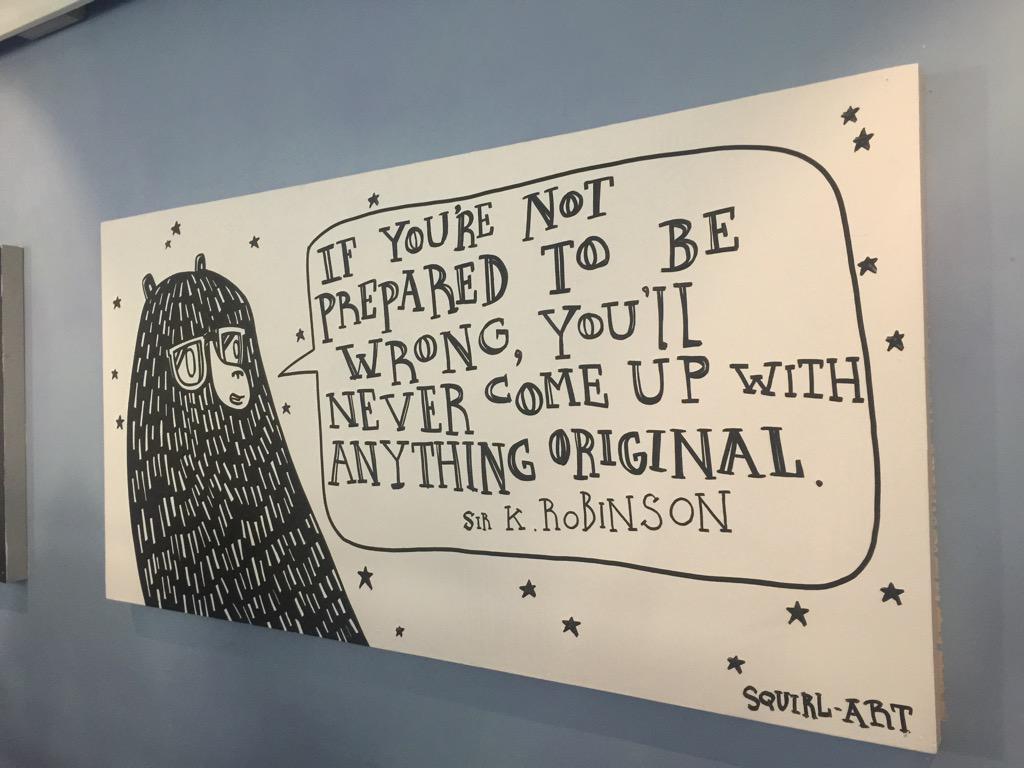Educational trends and information for new and "not" new educators!! Focus on IB-MYP and Project-Based Learning. Filimon Diamantidis
Thursday 31 December 2015
Sunday 27 December 2015
Saturday 26 December 2015
Wednesday 16 December 2015
Sunday 13 December 2015
Saturday 12 December 2015
THE WHOLE-SCHOOL SUSTAINABILITY FRAMEWORK - Guiding Principles for Integrating Sustainability Into All Aspects of a School Organization
http://centerforgreenschools.org/sites/default/files/resource-files/Whole-School_Sustainability_Framework.pdf
Stephanie K. Barr, Jennifer E. Cross, & Brian H. Dunbar Institute for the Built Environment • Colorado State University
Stephanie K. Barr, Jennifer E. Cross, & Brian H. Dunbar Institute for the Built Environment • Colorado State University
Tuesday 8 December 2015
Monday 7 December 2015
First day on the "UNESCO International Seminar"
A thought:
ESD: Education for Sustainable Development
... before we talk about implementing ESD in our curriculum we
should think to promote creative and critical thinking skills along with
citizenship and then promote concepts such as sustainability, perspective and innovation
in an interdisciplinary leve , taking into account communities and their
needs, in a project based approach.
ESD: Education for Sustainable Development
Saturday 28 November 2015
Friday 20 November 2015
Sunday 25 October 2015
Friday 2 October 2015
Tuesday 29 September 2015
Monday 28 September 2015
Sunday 27 September 2015
Developing effective Principals
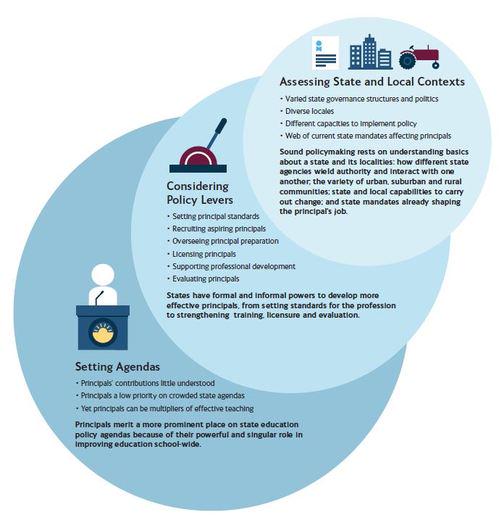 http://blogs.edweek.org/edweek/District_Dossier/2015/09/what_role_can_states_play_in_d.html?cmp=soc-edit-tw
http://blogs.edweek.org/edweek/District_Dossier/2015/09/what_role_can_states_play_in_d.html?cmp=soc-edit-twSaturday 26 September 2015
Sunday 20 September 2015
Friday 18 September 2015
Saturday 12 September 2015
Wednesday 9 September 2015
Tuesday 8 September 2015
Friday 28 August 2015
Wednesday 26 August 2015
Tuesday 11 August 2015
Sunday 2 August 2015
Saturday 1 August 2015
Wednesday 29 July 2015
Friday 3 July 2015
Thursday 2 July 2015
The Chess Project for MYP Design - Filimon Diamantidis
https://www.tes.co.uk/teaching-resource/the-chess-project-for-myp-design-11041117
Wednesday 1 July 2015
Tuesday 30 June 2015
Monday 29 June 2015
Wednesday 24 June 2015
Sunday 21 June 2015
Friday 19 June 2015
Thursday 18 June 2015
Wednesday 17 June 2015
Tuesday 16 June 2015
Sunday 14 June 2015
Saturday 13 June 2015
Aspirational parents condemn their children to a desperate, joyless life
Surrender your freedom, avoid daylight, live to work, and you too could join a toxic, paranoid elite
http://www.theguardian.com/commentisfree/2015/jun/09/aspirational-parents-children-elite
http://www.theguardian.com/commentisfree/2015/jun/09/aspirational-parents-children-elite
Friday 12 June 2015
Thursday 11 June 2015
THE CORAL REEFS OF PALAU: NATURE'S AMAZING UNDERWATER CITIES
https://www.natureworkseverywhere.org/#resources/5536d066c6435b06988eae25?utm_source=TW&utm_medium=social&utm_content=VFT3&utm_campaign=TNC15
Watch @Nature_Org's Virtual Field Trip to the Coral Reefs with your class!
Wednesday 10 June 2015
Can teachers ever have a work-life balance? Teaching is stressful, but it's not unprofessional to have a life - Sean Reid
http://www.theguardian.com/teacher-network/2011/dec/07/teachers-work-life-balance
Sean Reid is a PGCE tutor for the University of Buckingham
Sean Reid is a PGCE tutor for the University of Buckingham
Tuesday 9 June 2015
Monday 8 June 2015
What do you mean by "Teachers' Development"? Add your opinion if you wish to!
Teachers' development.
There are a
lot of definitions that approach the meaning of teachers'
development from different perspectives. Some of them are presented
bellow.
Porter and
Henderson (Karagiannes G., 2005, p.38) give a sweeping definition. They mention that development is the
summation of activities and measures which are adopted and applied with
exclusive and primary aim to develop the academic or practical and personal or
professional knowledge, skills, interests and abilities of teachers during
their service.
Another
definition that connects development with the every day teaching is given by
Maurogiorgos (Karagiannes G., 2005, p.39).
He mentions that development must have as a primary and basic aim the
scientific support of teachers, in order to be in position to make reasonable
and conscious choices, after they have examined the starting points, the aims
and implications of their educational act, as to the material and ideological
terms of their school and society.
Hargreaves
(Karampiny P., 2005, p.139) gives emphasis to the personal development, saying
that development is a continuous and repeated procedure, organized
systematically, which is placed among life long learning and adult education,
and creates favorable terms for professional and personal development of the
teachers.
Grossman
(Phocialy P., 2005, p.132) gives emphasis in procedures that
lead to professional development, through which teachers must
develop ideas and visions that have to do with school culture, professionalism
and the awareness of their social part.
Finally,
what does development means and to what does it aim? Summarizing, someone may
say that teachers' development, either the organized one or the one that
is leaned in experience or self development or the informal development through
the exchange of experiences, is a procedure that is placed among lifelong
teachers' education and aims at their personal
development and by extension to their
professional development.
The teacher
is a distinctive personality that demands, within the frameworks of his job, to
be heard, trusted, respected, looked up to, watched out and encouraged (John
Mac Beath, 2005, p.36). Through teachers'
development a lot of these could be achieved.
Greek
References (in Greek)
Καραγιάννης Γ., Στάγια Π.,
Τσιρίκου Μ., (2005), «Η συμβολή της επιμόρφωσης στην αποσαφήνιση και τον
επαναπροσδιορισμό του ‘ρόλου’ του εκπαιδευτικού», Σύγχρονη Εκπαίδευση, τεύχος
141, σ.38-52.
Καραμπίνη
Π., Ψίλου Ε., (2005) «Επιμόρφωση
και επαγγελματική ανάπτυξη των εκπαιδευτικών της Δευτεροβάθμιας Εκπαίδευσης στην
Ελλάδα: Εμπειρική έρευνα και συμπεράσματα», στο Μπαγάκης Γ., (2005) Επιμόρφωση
και επαγγελματική ανάπτυξη του εκπαιδευτικού, Μέρος 1Β, ΜΕΤΑΙΧΜΙΟ,
Αθήνα.
Κρουσταλάκης Γ.Σ., (1998)
Διαπαιδαγώγηση, πορεία ζωής, Γ’ έκδοση, Αθήνα, εκδόσεις ΨΠ1 Φιλοσοφική Σχολή
Πανεπιστημίου Αθηνών.
Μαυρογιώργος
Γ., (1999) «Επιμόρφωση
εκπαιδευτικών και επιμορφωτική πολιτική στην Ελλάδα», στο Αθανασούλα-Ρέππα Α., Ανθοπούλου Σ.,
Μαυρογιώργος Γ., Κατσουλάκης Σ., (1999) Διοίκηση Εκπαιδευτικών Μονάδων, 2ο κεφάλαιο, Τόμος
Β’, ΕΑΠ, ΠΑΤΡΑ.
Φωκιάλη
Π., Κουρουτσίδου Μ., Λέφας Ε., (2005) «Ζήτηση για επιμόρφωση: Οι συνιστώσες της
επαγγελματικής ανάπτυξης των εκπαιδευτικών», στο Μπαγάκης Γ., (2005) Επιμόρφωση
και επαγγελματική ανάπτυξη του εκπαιδευτικού, Μέρος 1Β, ΜΕΤΑΙΧΜΙΟ,
Αθήνα.
Day Christopher, (2003) Η εξέλιξη
των εκπαιδευτικών – Οι προκλήσεις της δια βίου μάθησης, Tυποθήτω, Αθήνα.
HAEF
(2004-2008), "ΕΝΗΜΕΡΩΣΗ", περιοδική έκδοση του Ελληνοαμερικανικού
Εκπαιδευτικού Ιδρύματος, issues 55, 56, 57, 59 & 62, Athens.
Javeau Claude, (2000) H έρευνα
με ερωτηματολόγιο. Το Εγχειρίδιο του Καλού Ερευνητή, Τυπωθήτω, Αθήνα.
John MacBeath, (2005) «Μπορούν να μάθουν οι εκπαιδευτικοί», στο Μπαγάκης Γ., (2005) Επιμόρφωση
και επαγγελματική ανάπτυξη του εκπαιδευτικού, Μέρος 1Α, ΜΕΤΑΙΧΜΙΟ,
Αθήνα.
English
References
Earley P., Bubb S., (2005), Leading and Managing
Continuing Professional Development: developing people developing schools, Paul
Chapman Publishing, London
ERIC (2009)
[Last accessed 01
February 2009 ].
Huberman
M., (1989), "The Professional Life Cycle of Teachers", Teachers
College Record, 91 (1), Fall, Columbia
University
Kelchtermans G., (1993), "Getting the story,
understanding the lives: From career stories to teachers’
Professional
Development", Teaching and Teacher Education, 9 (5/6) 443-456, Great Britain
NFER (2009)
[Last accessed 15 January 2009 ].
School zone
resources-educational intelligence (2009)
http://www.schoolzone.co.uk/resources/articles/career/training/Teachers_CPD.asp
[Last accessed 18 January 2009 ].
School zone resources-educational intelligence (2009)
[Last accessed 18 January 2009 ].
Wiliam D., Lee C., Harrison C. and Black P., (2004),
"Teachers developing assessments for learning: impact on student
achievement", Assessment in Education:
Principles, Policy & Practice, 11 (1) 49-65
Friday 5 June 2015
Thursday 4 June 2015
Wednesday 3 June 2015
Tuesday 2 June 2015
Monday 1 June 2015
Saturday 30 May 2015
H.O.T. / D.O.K.: Teaching Higher Order Thinking and Depth of Knowledge: More Than a Ride: Why Every Educator, Student, Par...
H.O.T. / D.O.K.: Teaching Higher Order Thinking and Depth of Knowledge: More Than a Ride: Why Every Educator, Student, Par...: Don't dismiss TOMMOROWLAND as another marketing ploy by Disney to buy merchandise or visit their parks by making a movie about one of...
Redraw The Line
"We are still waiting for a binding international commitment that will drive our nations to respond to the climate challenge as a global community; however, there are agents of change responding to climate change at every level. The Asia-Pacific Media Alliance for Social Awareness (The Media Alliance), with the support of the Swedish Government and the Asian Development Bank (ADB), are working jointly to promote positive social action and behaviour change on critical issues facing the region today, particularly climate change...."
http://www.redrawtheline.org/
http://www.redrawtheline.org/
Wednesday 27 May 2015
Επιμορφωτικό σεμινάριο στο Project Based Learning για καθηγητές όλων των βαθμίδων και ειδικοτήτων!
Σάββατο,30 Μαΐου 2015, 09.15-11.45
Θέμα:H αξία του Project Based Learning για τη διδακτική πράξη
Εισηγητές:Φ. Διαμαντίδης,M.Ed.,Μ.Α.,Καθηγητής Γυμνασίου–Λυκείου Κολλεγίου Ψυχικού, Στασινή Φράγκου,Ph.D.,Καθηγήτρια Γυμνασίου Κολλεγίου Ψυχικού
Σάββατο, 6 Ιουνίου 2015, 09.15-14.30 Θέμα: Οργανώνοντας ένα Project
Εισηγητές: Φ. Διαμαντίδης, M.Ed, Μ.Α., Καθηγητής Γυμνασίου-Λυκείου Κολλεγίου Ψυχικού, Στασινή Φράγκου, Ph.D., Καθηγήτρια Γυμνασίου Κολλεγίου Ψυχικού
Πληροφορίες Δρ Πολυάνθη Τσίγκου Σύμβουλος του Διευθυντή/President Κολλεγίου Αθηνών-Κολλεγίου Ψυχικού τηλ.: 210-6798265
Θέμα:H αξία του Project Based Learning για τη διδακτική πράξη
Εισηγητές:Φ. Διαμαντίδης,M.Ed.,Μ.Α.,Καθηγητής Γυμνασίου–Λυκείου Κολλεγίου Ψυχικού, Στασινή Φράγκου,Ph.D.,Καθηγήτρια Γυμνασίου Κολλεγίου Ψυχικού
Σάββατο, 6 Ιουνίου 2015, 09.15-14.30 Θέμα: Οργανώνοντας ένα Project
Εισηγητές: Φ. Διαμαντίδης, M.Ed, Μ.Α., Καθηγητής Γυμνασίου-Λυκείου Κολλεγίου Ψυχικού, Στασινή Φράγκου, Ph.D., Καθηγήτρια Γυμνασίου Κολλεγίου Ψυχικού
Πληροφορίες Δρ Πολυάνθη Τσίγκου Σύμβουλος του Διευθυντή/President Κολλεγίου Αθηνών-Κολλεγίου Ψυχικού τηλ.: 210-6798265
Monday 25 May 2015
Study: Major Antarctic Ice Loss Could Impact Earth’s Gravity
http://www.discovery.com/dscovrd/nature/study-major-antarctic-ice-loss-could-impact-earths-gravity/?utm_source=twitter.com&utm_medium=social&utm_campaign=Discovery&hootPostID=9ce285b14df6c8732dc7b647d9e4a123
Sunday 24 May 2015
Mysteries of the deep: oceans and marine life to inspire your class – gallery
From ghost crabs to shipwrecks, the ocean depths are fantastic for intriguing young minds. Dive into our photo gallery for lesson inspiration
http://www.theguardian.com/teacher-network/gallery/2015/may/24/oceans-marine-life-inspire-class-gallery?CMP=share_btn_tw
http://www.theguardian.com/teacher-network/gallery/2015/may/24/oceans-marine-life-inspire-class-gallery?CMP=share_btn_tw
Saturday 23 May 2015
World Employment and Social Outlook 2015 Where are workers less likely to have a permanent contract?
http://www.ilo.org/global/about-the-ilo/multimedia/maps-and-charts/WCMS_369618/lang--en/index.htm
Preparing Leaders for Deeper Learning
http://gettingsmart.com/publication/preparing-leaders-for-deeper-learning/
Q&A With Sir Ken Robinson - Education Has to Be a ‘Human Business’
http://www.edweek.org/ew/articles/2015/05/20/qa-with-sir-ken-robinson.html?cmp=soc-edit-tw
3,000 children enslaved in Britain after being trafficked from Vietnam Like many Vietnamese children, Hien was brought to Britain for a life of modern slavery. He ended up in prison on cannabis offences. We report on the gangs expanding across the UK and efforts to help their victims
http://www.theguardian.com/global-development/2015/may/23/vietnam-children-trafficking-nail-bar-cannabis
Secret teacher: I am all for inclusion in principle, but it doesn't always work
A very provoking discussion ...
http://www.theguardian.com/teacher-network/2015/may/23/secret-teacher-support-inclusion-but-not-at-any-cost?CMP=share_btn_tw#comments
http://www.theguardian.com/teacher-network/2015/may/23/secret-teacher-support-inclusion-but-not-at-any-cost?CMP=share_btn_tw#comments
Wednesday 20 May 2015
More pupils 'reading for pleasure' By Judith Burns Education reporter
http://www.bbc.com/news/education-32797986#?utm_source=twitterfeed&utm_medium=twitter
Monday 18 May 2015
B.B. King’s Best Rock Collaborations By Jeff Giles Read More: B.B. King’s Best Rock Collaborations | http://ultimateclassicrock.com/b-b-king-rock-collaborations/?trackback=tsmclip
http://ultimateclassicrock.com/b-b-king-rock-collaborations/
Pope Francis says society today needs good, well paid teachers
http://en.radiovaticana.va/news/2015/03/14/pope_francis_society_today_needs_good,_well_paid_teachers/1129396
Saturday 16 May 2015
World – Infographic - 7 Engineering Wonders of the World
http://www.thales-ld.com/blog/engineering-wonders/
The Best Interactive Web Tools for EducatorsBy Sarah Muthler on May 8, 2015
http://www.edudemic.com/best-web-tools/
Inquiry in the Classroom: 7 Simple Tools To Get You StartedBy Pamela DeLoatch on May 16, 2015@pameladel
http://www.edudemic.com/inquiry-in-the-classroom/?utm_content=buffer0ce45&utm_medium=social&utm_source=twitter.com&utm_campaign=buffer
'Rapid' decline in staff well-being, poll finds Darren Evans 15th May 2015 at 12:11
https://www.tes.co.uk/news/further-education/breaking-news/rapid-decline-staff-well-being-poll-finds
Sunday 10 May 2015
Expose children to classical music whether they like it or not, says Nicola Benedetti
http://www.telegraph.co.uk/news/celebritynews/11595782/Expose-children-to-classical-music-whether-they-like-it-or-not-says-Nicola-Benedetti.html
Report of the Independent Expert on the effects of foreign debt and other related international financial obligations of States on the full enjoyment of all human rights, particularly economic, social and cultural rights, Cephas Lumina - Addendum - Mission to Greece (22 – 27 April 2013)
Extremely interesting!!!
http://daccess-dds-ny.un.org/doc/UNDOC/GEN/G14/118/82/PDF/G1411882.pdf?OpenElement
http://daccess-dds-ny.un.org/doc/UNDOC/GEN/G14/118/82/PDF/G1411882.pdf?OpenElement
‘I have always been temperamentally wired to carry on’ Sara Lawrence-Lightfoot’s lessons in resilience
http://news.harvard.edu/gazette/story/2014/04/i-have-always-been-temperamentally-wired-to-carry-on/?utm_source=twitter&utm_medium=social&utm_campaign=hu-twitter-general
Is there a way to democratize a school? Here are some thoughts:
I will try to propose ways towards the democratization of a
school, trying to avoid a general theoretical discussion. Feedback is more than
welcome.
First of all, it must be cleared that democratization is not
a panacea for solving all internal or external problems of a school.
Democratization is another way of dealing with problems; a way that is based on
justice, respect, freedom and autonomy. Solving the problems is up to the people
that are implicated on dealing with them.
Another important fact is that if a school that decides to
aspire democratic culture should acknowledge that every person on that school
has his share. Democratization connotes participation as a person in a profound
way. As Woods says (2005, p.118), "it requires an authentic involvement,
in the sense of commitment and direction that are guided be deeply embedded
navigational feelings".
Proposes are going to be split in two parts. The first has
to do with the school as an organization trying to adopt democratic leadership,
and the other has to do with students, as the school tries to adopt a more
democratic pedagogy.
Part A:
A school should try to disperse
responsibilities to as many of the stakeholders. Teachers must play a more
dynamic role in leadership and the administration should hear them and take
what they have to say under serious consideration.
In order to implicate teachers as
mush possible, they have to be educated on educational leadership matters. This
developmental procedure must be a permanent one, and all teachers should take
part despite the years they have in education and in school. Professional
development is a great way to create real professionals.
Ministry of Education or School’s
Board, decides who is going to be the director and the synthesis of the
administration, which is something unchangeable. But there are also the heads
of departments, meaning the head of the sciences, the head of mathematics and
others. These heads of departments could be elected by the teachers (or everyone
should take his turn on a rotation basis) of the departments every two or three
years. In that way everyone would be implicated with the common, with the
"κοινά" as the ancient Greeks said.
Something very important is the
creation of clear evaluation procedures. These procedures must be addressed to
everyone and implicate everyone. The school must decide which are its
performance indicators and try to measure them as objective possible. Finally,
the results should be communicated and discussed with all stakeholders that
were implicated.
Staying
at the same spirit, the school should find ways of taking feedback from all
stakeholders (teachers, technicians and others) and elaborate this feedback in
a scientific way in order to make changes if possible or, at least, discuss
things with them. The heads of departments could give this feedback.
Finally, there must be a
"conscious participation in microgenesis" (Woods, 2005, p.128-129).
That means that everyone, by his position, should make short creative actions
which must be repeated, in order to succeed small structural changes that,
hopefully, will lead to an overall structural change towards democratic
leadership. These actions are possible to be decided at the departments and be
advocated by the heads of the departments.
Part B:
The first thing that must change
is the administrations' and teachers' attitude against the students. No one
claims that anomy is the solution. There must be a very firm and strict structure
that will define and determine the relations between teachers and students.
This structure must be known in details to everyone implicated and first of all
to the students. It is obvious that everyone should be responsible for keeping
this structure and I mean that all teachers must be the keepers of the rules
(and not only the “bad” ones). On the other hand students should be given, in
the everyday interaction with them: "respect, time and attention" as
a head teacher said (cited in Woods, 2005, p.124-125). The key word is respect.
Students must like coming to school. They must feel that the school is their
second, and sometimes first, family. The national curricula, as everybody agrees,
is boring and very pressing. The school must balance things and make education
attractive to students. After they leave school they must remember it with a
smile and the belief that they gained a lot as personalities. Shouting and
punishment is not the solution. They just remind students that there is an
autocratic hierarchy that does not care about them as children and future
citizen of democratic societies. As Woods (2005, p.125) argues, pupils and
teachers are not just subjects for the school but they are also "school
builders", through their everyday actions and interplays. Children must be
respected as everybody should, beside their characteristics. Maybe an organized
feedback from pupils can help the school to find its weakness and change ways
of attitudes.
Students should be more
implicated in procedures that are of interest to them. They could take part in
discussions (decision making is something that should be discussed further)
having to do with discipline, pedagogy, activities like excursions and others
and finally the evaluation of the school. This kind of students’ implication is
very advanced for Greek teachers, thus needs a lot of discussion.
All the above are interdependent. In order to achieve them
there must be a lot of sincere and conscious discussions and acceptance that
things must change. Structures cannot change in one night. Small steps must be
made by all, in an individual level and an aggregate level as well.
Bibliography
Athanasoula-Reppa A., (1999)., "Ληψη Αποφάσεων στον
χώρο της Εκπαίδευσης", in Athanasoula-Reppa A., Maurogiorgos G., Koutouzis
M., Nitsopoulos B., Chalkiotis D., (1999), Management of Educational Units,
volume A, chapter 3, HellenicOpenUniversity, Patra.
Aristotle University of Thessalonica, (1998), Dictionary of
common Greek language, Ινστιτούτο Νεοελληνικών Σπουδών, Thessalonica
Aristotle Rhetoric (book A), translation Heliou H.,
Ι.Ζαχαρόπουλος publishing, Athens
Bottery M., (2004), The Challenges of Educational
Leadership, Paul Chapman Publishing, London
Dewey J., (2007), Democracy and Education, Echo Library, USA
ELD of Texas Tech University (1995) http://etd.lib.ttu.edu/theses/available/etd-01072009-31295009151266/unrestricted/31295009151266.pdf
[last accessed 7 July 2009]
Gutmann A., (1999), Democratic Education, Princeton
University Press, USA
Haydon G., (2005), Values, Vision and Moral Purpose in
Educational Leadership London, University of London Press, London
Maurogiorgos G., (1999)., "Η εκπαιδευτική Μονάδα ως
φορέας Διαμόρφωσης και Άσκησης Εκπαιδευτικής Πολιτικής", in
Athanasoula-Reppa A., Maurogiorgos G., Koutouzis M., Nitsopoulos B., Chalkiotis
D., (1999), Management of Educational Units, volume A, chapter 4,
HellenicOpenUniversity, Patra.
Microgiannakis E., (1992), Παθολογία Πολιτευμάτων στην
αρχαιότητα, Καρδαμίτσα publishing, Athens
Petropoulos K., Sarres M., (2000), Πλάτωνα Πολιτεία, Πατάκης
publishing, Athens
Strike K., Haller E., Soltis J., (1998), p.93-100
"Educational Authority" in The Ethics of School Administration, in
University of London (2005), Values, Vision & Moral Purpose in ed l/ship,
London: External programme.
UCL (2000) www.ucl.ac.uk/laws/jurisprudence/jurisprudencereview/content/jr_demarco_20000.pdf
[last accessed 24 May 2009]
UIOWA (2009) www.uiowa.edu/~c030142/DefinitionsOfDemocracy.html
[last accessed on 24 May 2009]
Vaidhyanathan S., (2004), The Anarchist in the Library: How
the Clash between Freedom and Control is Hacking the Real World and Crashing
the System, Basic Books, USA
Woods P., (2005), Democratic Leadership in Education, Paul
Chapman Publishing, London
Sir Ken Robinson: ‘The education system is a dangerous myth’
https://www.tes.co.uk/news/school-news/breaking-views/sir-ken-robinson-%E2%80%98-education-system-a-dangerous-myth%E2%80%99
Subscribe to:
Posts (Atom)














